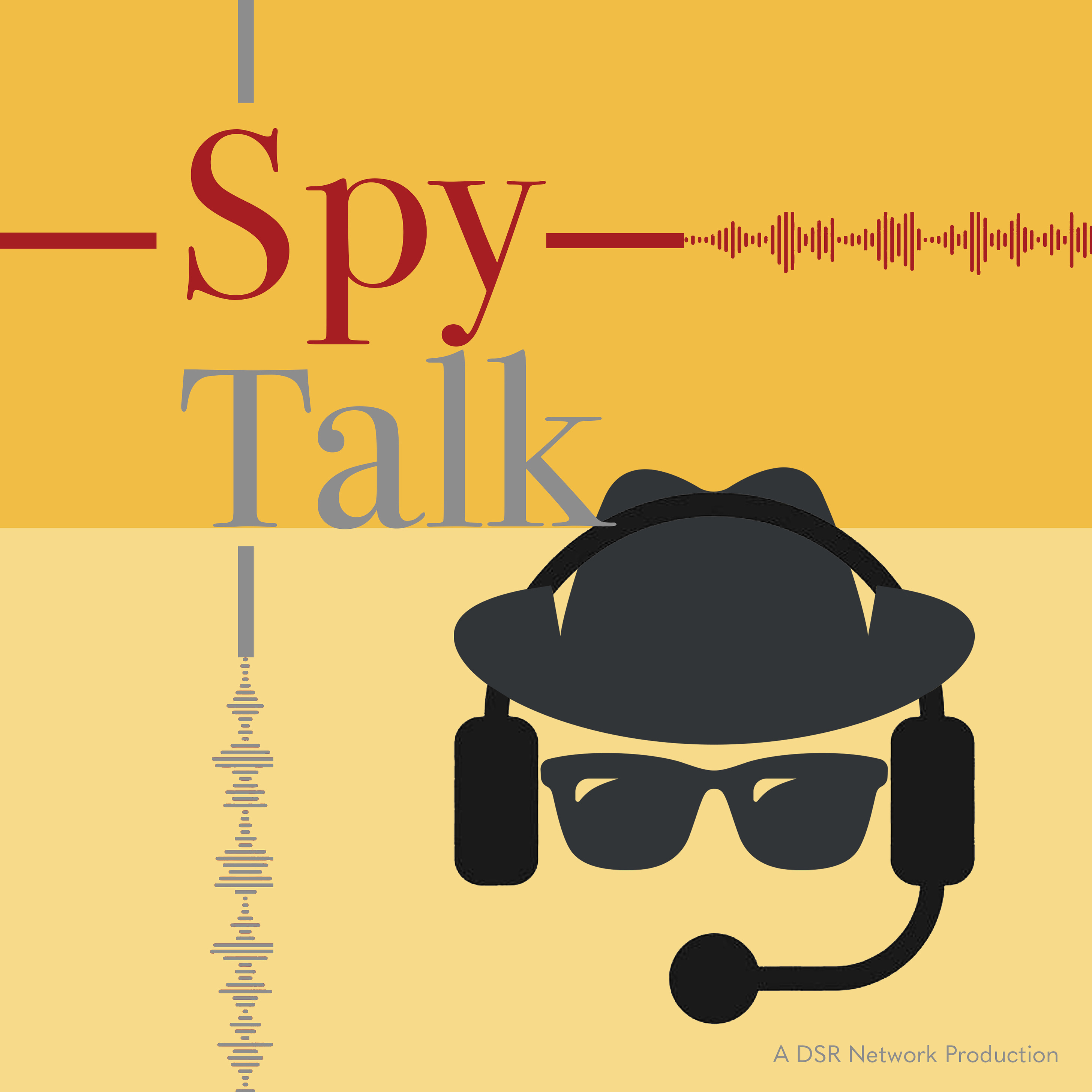Hey there, welcome. Please consider supporting our work with a paid subscription. It’s just $9.95 a month or even better, $99 a year. PS: Follow us also on Twitter @talk_spy. Kabul’s loss and a new 9/11 terror warningCraig Whitlock discusses the CIA's place in 'The Afghanistan Papers,' while Coast Guard Commandant Karl Schultz addresses readiness for a 9/11 terror plot—and moreOn this week’s edition of the SpyTalk podcast, Washington Post investigative reporter Craig Whitlock shares anecdotes from his new book, The Afghanistan Papers: A Secret History of the War, about the CIA’s mixed record during the two decades long conflict. There’s the story of Roger Pardo-Maurer, for example, a 38 year old Green Beret from Connecticut and Yale graduate who was a high-ranking Pentagon official when his reserve unit was called up after the 911 attacks. He had some biting things to say about the CIA. And there’s Jeffrey Eggars, a Navy SEAL who served in Afghanistan and later worked on the national security council staff under presidents George W Bush and Barack Obama. He asks, “Why did we make the Taliban the enemy when we were attacked by Al-Qaeda? Why did we want to defeat the Taliban?” And there’s much more in this illuminating conversation with me. But at the top of the show, Coast Guard Commandant Admiral Karl Schultz comments on elevated terror threats related to the 20th anniversary of the 9/11 attacks. “We’re paying attention everyday,” Schultz tells SpyTalk co-host Jeanne Meserve, but with the anniversary approaching, the Coast Guard is paying close attention to the “wet piece of homeland security”—the maritime domain. The Coast Guard also plays an important role in the U.S. intelligence community—a role that began as far back at the American Revolution, Schultz recounts for Jeanne, and continued through World War Two with the OSS, the CIA’s predecessor, and in code-breaking. It continues today with maritime terrorist threats and combatting drug cartels. But what preoccupies Schultz today is the Arctic region. Russia and even China are poised for encroachments there. Polar Opposites “When I talk about the Arctic, I say, ‘presence equals influence.’ When you’re there you’re there…” he told Jeanne. “We have a paucity of capabilities there,” Schultz added. “We have two ice breakers,” one of which is 45 years old. There’s funding in the pipeline for more ships and cutters, he says, but Russia is moving swiftly to establish ground and air bases around the polar region. China also counts itself an Arctic power now, even without any territory bordering the region. Listen to the rest of Jeanne’s fascinating talk with Schultz about the Coast Guard’s intelligence history and current missions, and stay for Craig Whitlock’s take on 20 years of futility in Afghanistan. It‘s all on this week’s SpyTalk podcast. But you can also catch up on six months’ worth of pretty compelling conversations when you visit the site. Hope to see you there—and thanks! |




No comments:
Post a Comment